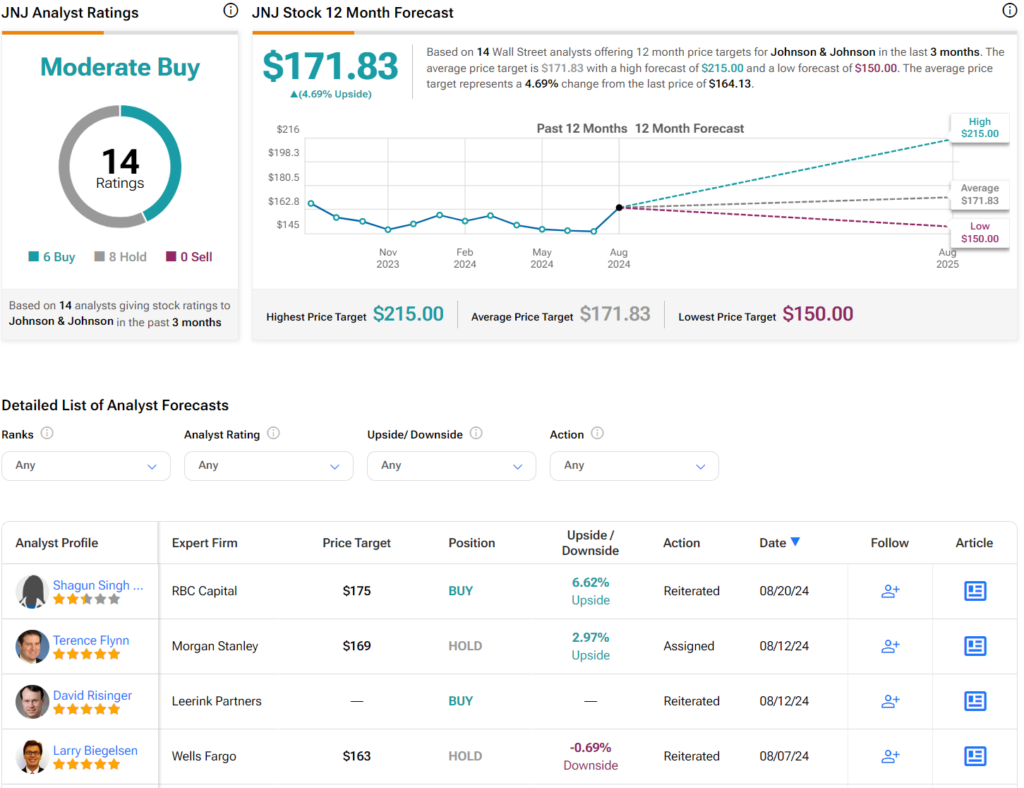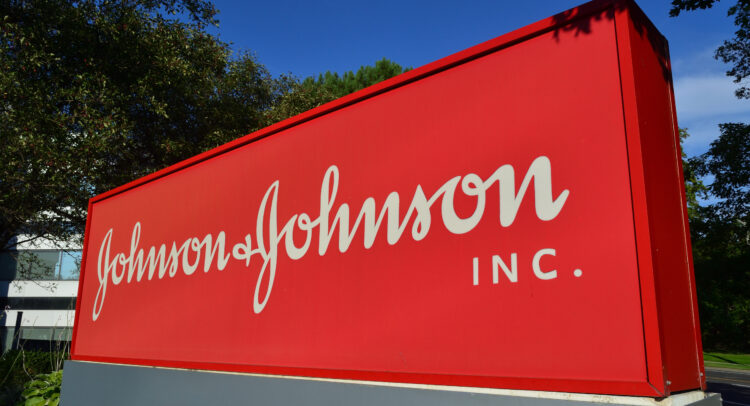Healthcare providers are frustrated with Johnson & Johnson (JNJ) after the drug maker made big changes to a program that helped certain hospitals get discounts on pricey drugs, according to The Wall Street Journal. On Friday, JNJ rolled out a new rebate system for hospitals in the 340B program, which supports healthcare providers that serve uninsured and low-income patients by giving them discounts on expensive outpatient meds.
With the new setup, hospitals now have to pay the full price upfront for JNJ’s Stelara (for Crohn’s disease) and Xarelto (to treat blood clots) and then apply for a rebate later. Unsurprisingly, there was some backlash from the American Hospital Association, which accused big drug companies of putting their own profits ahead of hospitals that care for vulnerable patients.
However, Johnson & Johnson responded by saying the change was meant to tackle “rampant abuse and misuse” of the 340B program and that it was using standard business practices similar to those in other government programs.
However, this might very well be a way to juice cash flow since Xarelto has been targeted by the Medicare price negotiation program, which is expected to lead to significant price cuts. In addition, Stelara will see competition from cheaper generics in the U.S. next year. This will undoubtedly impact the drug’s sales.
Is JNJ Stock a Buy or Sell?
Turning to Wall Street, analysts have a Moderate Buy consensus rating on JNJ stock based on six Buys, eight Holds, and zero Sells assigned in the past three months, as indicated by the graphic below. After a 200% rally in its share price over the past year, the average JNJ price target of $171.83 per share implies 4.69% upside potential.




















